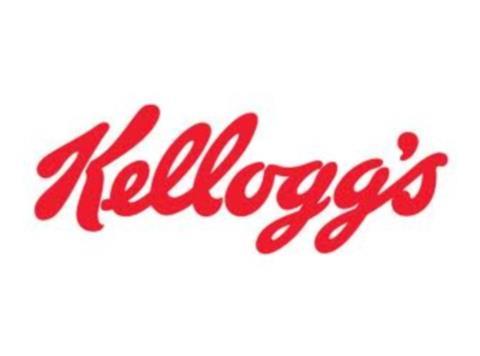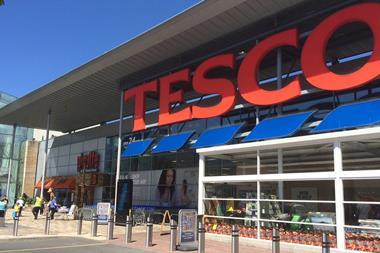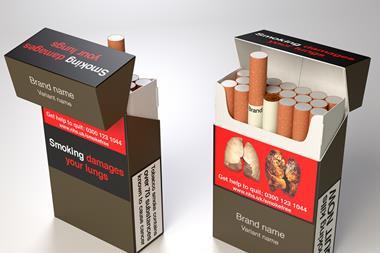
Food giant Kellogg’s has complained its profits could be hit by the international campaign to block big companies’ use of offshore havens. The warning about the clamp down on tax avoidance by the cereal maker is thought to be a first from a multinational, The Sunday Times reported. Kellogg’s said in its annual report that efforts to close loopholes could lead to a “material” rise in its tax bill. It follows the diverted profits tax coming into effect in the UK last week, which is designed to stop companies channelling profits overseas. It is part of a co-ordinated campaign against tax avoidance by the Organisation for Economic Co-operation and Development and the G20.
In 2013, UK consumers spent £622m on Kellogg’s products, buying more cereal per person than any other country in Europe (The Guardian). Kellogg’s two UK subsidiaries paid corporation tax of £8.4m on declared profits of almost £50m. However, this was offset by a tax credit worth £11.8m, recorded by another UK-registered Kellogg’s company.
The Daily Mail tackles the inevitable consternation of a big company complaining about paying its fair share. The paper said Kellogg was being urged to come clean over its tax arrangements. It added that tax experts said the business was acting like “a classic US-owned IT company” with bases in Ireland and Luxembourg rather than as a food manufacturer known around the world for its cereals.
The Times said thousands of small grocers were “scrambling” to install sliding doors to cover up their cigarette shelves before the weekend’s display ban deadline. At least 60% of the 40,000 smaller newsagents and grocers put up doors in the past two months, but many smaller independent retailers left it until the last minute to source doors, as reported in recent months in The Grocer.
Dairy farmers are steeling themselves for a flood of milk as EU quotas end this week. The European Union quota system for milk production was introduced in 1984 and its end has raised the prospect of cheaper shop prices for dairy produce (The Times).
Cadbury has been stung with a Rs5.7bn ($92m) tax claim in India in relation to allegations that the Dairy Milk chocolate maker claimed excise benefits on a “phantom” factory, according to The Financial Times.
The Confederation of British Industry (CBI) estimated that the UK’s economy expanded by 0.7% in the three months to March, up from 0.6% in the previous quarter (BBC). The business group added that growth would also “probably gather some momentum” in the current quarter.
Tesco is could be hit with “costly” compensation bills from local authorities because of its abandoned store openings. The Times said the retailer had reached a £9m settlement with two councils in Somerset over its decision to scrap plans to open a superstore in the county. City analysts expect more settlements elsewhere.



















No comments yet